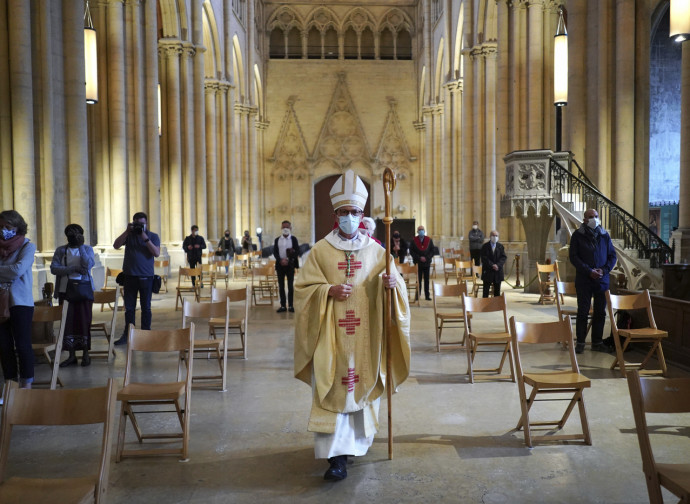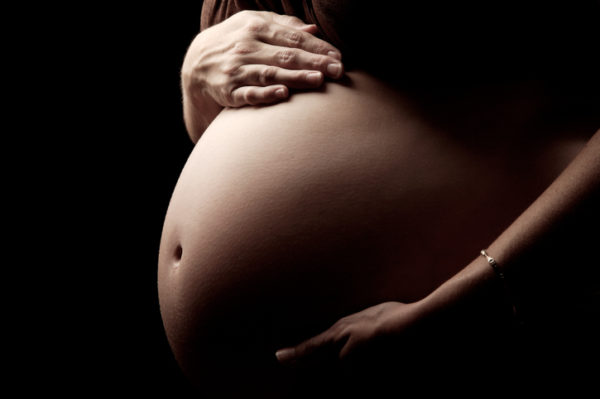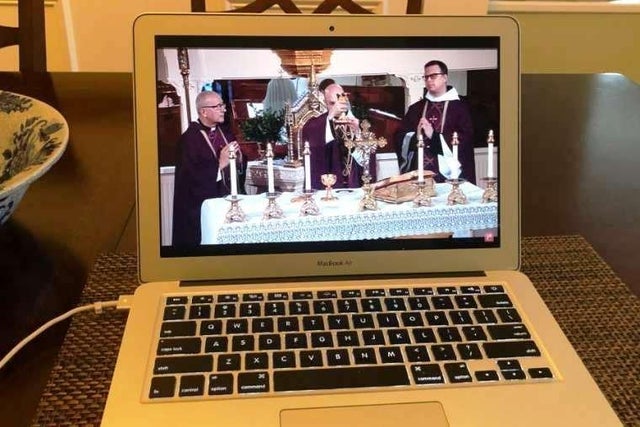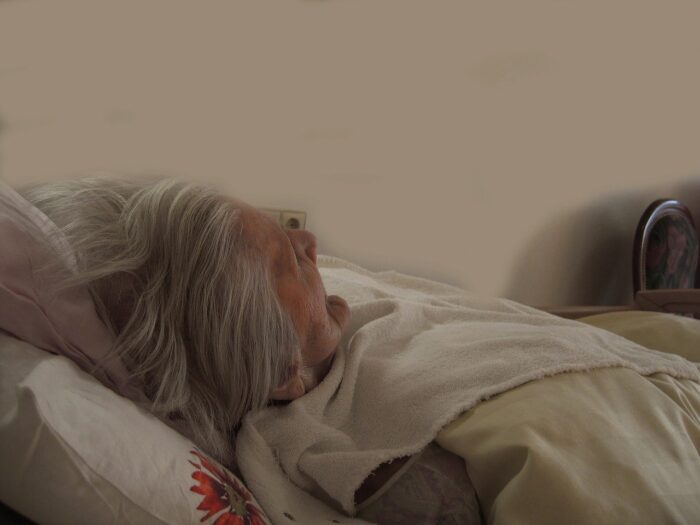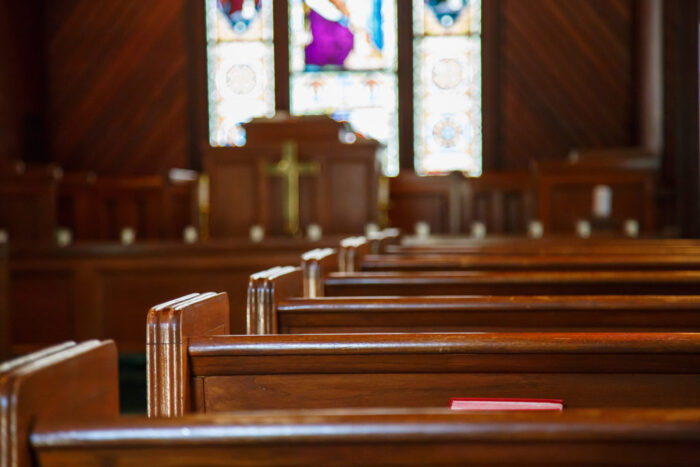The laws governing maintenance after divorce should drop a presumption of lifelong financial obligation, according to an expert in divorce and family law.
Geoffrey Shannon believes the issue of maintenance now requires a fundamental review, as it is still operating according to laws that date back to 20 years before the 1995 referendum.
“In the context of divorce, what you have is the marriage ceases, but your obligations continue indefinitely,” he says. “No single concept alone can govern the system of maintenance, yet we have a system where the focus is on lifelong spousal maintenance.”
A couple might only be married for four or five years, and have no children, yet the Irish system presumes the possibility of one spouse having a lifelong financial obligation towards the other.
“Really what I am saying is that the payment of maintenance between former spouses should facilitate a smooth transition from dependence to economic independence, ensuring that the dependent spouse is provided for until he or she is self-sufficient.”
Maintenance should be calculated in a way that reflects the duration of the marriage, and the commitments that are required.

